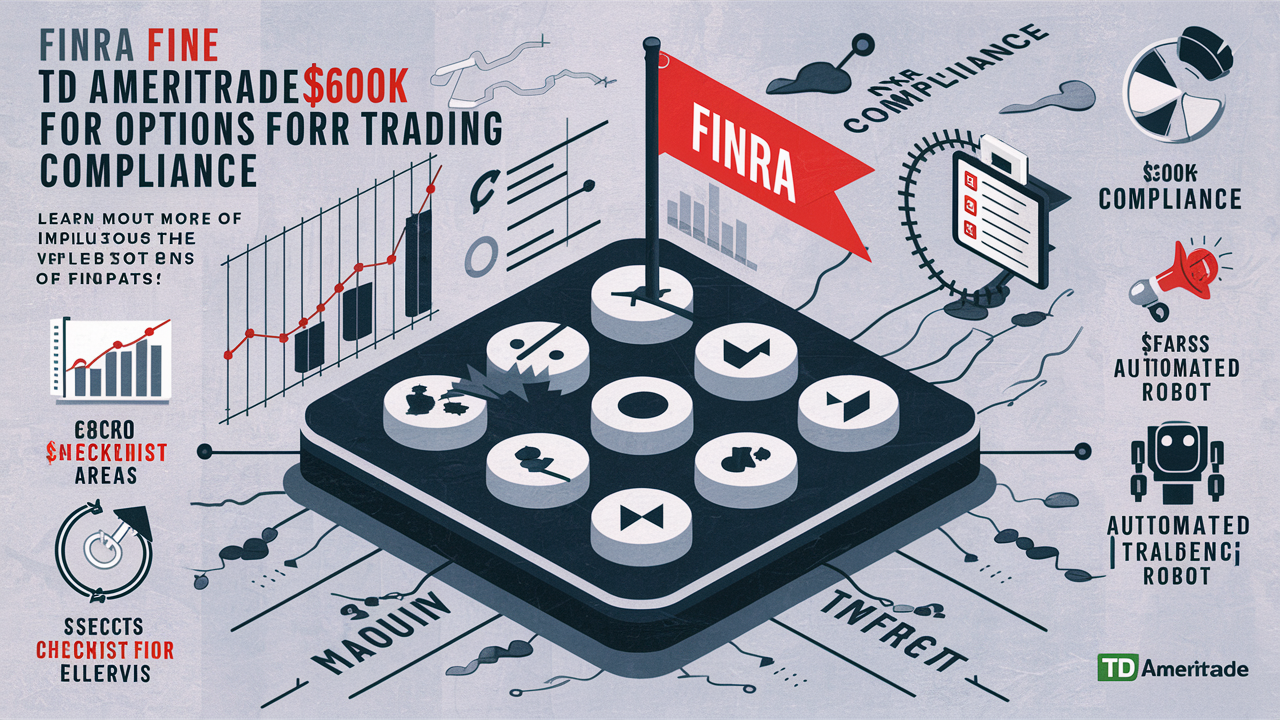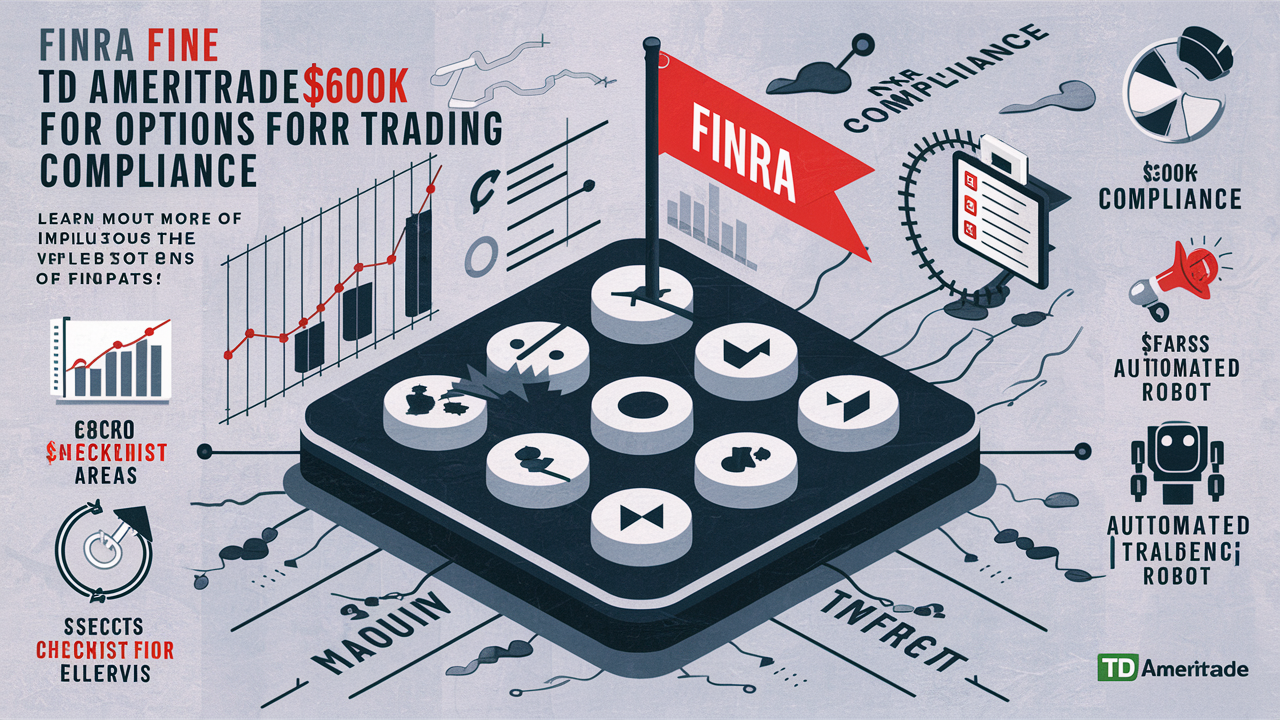Revolutionizing Prime Brokerage with Loffa’s PBIN: The Future of Effortless Document Management
Streamlining Prime Broker Documentation: Loffa’s PBIN Revolutionizes 1-Click Re-Papering
 In the dynamic domain of prime brokerage, where speed and precision reign supreme, Loffa Interactive Group stands out as a beacon of innovation. They’ve raised the bar with their Prime Broker Interactive Network (PBIN), reshaping the tedious process of re-papering prime broker agreements into a seamless, efficient operation.
In the dynamic domain of prime brokerage, where speed and precision reign supreme, Loffa Interactive Group stands out as a beacon of innovation. They’ve raised the bar with their Prime Broker Interactive Network (PBIN), reshaping the tedious process of re-papering prime broker agreements into a seamless, efficient operation.
Traditionally, re-papering, which involves updating and revising legal documents due to regulatory shifts, market changes, or client demands, has been notoriously labor-intensive. This process required a meticulous manual review, followed by drafting, negotiation, and eventually, the execution of new or amended agreements.
PBIN’s Cutting-Edge Solution
Enter PBIN-S (Prime Broker Integrated Network), Loffa’s answer to the industry’s call for efficiency. This platform is a game-changer for prime brokers, equipping them with:
- Centralized Document Management: A singular digital repository for viewing and managing agreements.
- Smart Update Identification: Tools that pinpoint necessary amendments efficiently.
- Automated Drafting: Utilization of standardized templates for quick document revision.
- Collaborative Negotiation: A secure environment to discuss and agree upon changes.
- One-Click Execution: The ability to enact new agreements with a singular action, drastically reducing the cycle time.
PBIN-S doesn’t just cut down on time and resources; it significantly mitigates the risk of discrepancies and errors, ensuring prime brokers can focus more on serving their clients and less on paperwork.
Loffa Interactive Group, with its staunch commitment to security, compliance, and innovative technology, has proven itself a reliable ally to Wall Street’s finest. Through rigorous evaluations, Loffa has cemented its position as a seasoned veteran in the financial sector.
Impactful Areas for Prime and Executing Brokers
Diving deeper, two facets of PBIN-S stand out for their transformative impact on prime and executing or clearing brokers:
Enhanced Regulatory Compliance
In an era where regulatory landscapes are perpetually in flux, maintaining compliance is a Herculean task. Loffa’s PBIN-S simplifies this with streamlined updates to documentation in response to regulatory changes. This not only ensures ongoing compliance but also positions firms to proactively anticipate and adapt to future regulatory shifts, making it an indispensable tool for navigating the compliance maze.
Operational Efficiency & Risk Reduction
The intelligent automation inherent in PBIN-S offers a leap in operational efficiency. For executing and clearing brokers, this means less time sifting through paperwork and more time strategizing and executing trades. Furthermore, the reduction in manual input and increased accuracy significantly slashes the risk of costly errors, ensuring a smoother, more reliable operation.
Conclusion: Embrace the Shift
As regulatory tides shift and the demand for faster, more accurate broker services grows, the value of solutions like Loffa’s PBIN cannot be overstated. It represents not just a step but a leap towards more streamlined, efficient, and compliant operations for prime, executing, and clearing brokers alike.
Step into the future of prime brokerage documentation management with Loffa Interactive Group’s PBIN solution. Experience efficiency like never before and let PBIN-S handle the complexity of re-papering, freeing you to focus on what you do best – excelling in the fast-moving financial world.




 In the bustling world of financial services, a recent headline has rekindled the conversation around compliance and regulatory oversight. TD Ameritrade, a giant in the online brokerage space, finds itself tangled in a financial reprimand, to the tune of $600,000, courtesy of FINRA. This penalty has been imposed due to lapses in the oversight and approval processes for options trading accounts. It’s a vivid illustration of the critical need for iron-clad compliance mechanisms as regulatory frameworks continue to evolve.
In the bustling world of financial services, a recent headline has rekindled the conversation around compliance and regulatory oversight. TD Ameritrade, a giant in the online brokerage space, finds itself tangled in a financial reprimand, to the tune of $600,000, courtesy of FINRA. This penalty has been imposed due to lapses in the oversight and approval processes for options trading accounts. It’s a vivid illustration of the critical need for iron-clad compliance mechanisms as regulatory frameworks continue to evolve.